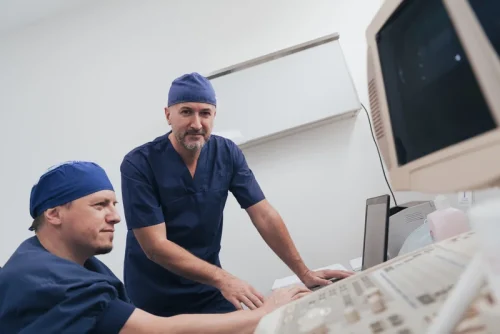Sober in Cyber to Host Rockin’ Mocktails An Alcohol-Free Networking Event at RSA Conference
How to Build an Image Recognition App with AI and Machine Learning
mayo 27, 2024Self-Employment Taxes Tax Tips & Videos
mayo 30, 2024
Your addiction and health care professionals are people you can call when you have general questions or concerns about your sobriety and health. To build a sober network, connect with family, friends, and professionals who are supportive of your sobriety. Engage with groups or organizations dedicated to recovery, and participate in meetings or events where you can find like-minded individuals. Traditional strategies for building a sober network are effective, but innovative approaches are emerging to further strengthen support networks. Virtual reality (VR) therapy, for example, is becoming popular as a tool to help individuals practice social interactions and coping mechanisms in a safe setting. Additionally, artificial intelligence integration in apps and wearable tech is helping to predict relapse Sobriety triggers and suggest timely interventions.
Dual Diagnosis 101: How Mental Health Disorders and Substance Use Disorder Often go Hand in Hand

Recovery groups provide environments in which you may connect with other people who are in recovery. Some group members are more experienced and have completed rehab many years ago while others are more recent graduates from a drug or alcohol treatment program. These people should generally avoid inviting sober networking you to settings that may trigger your tendency to abuse drugs or alcohol. They should avoid exposing you to known stressors that may trigger a relapse. They should also avoid engaging in behavior that may make it easier for you to relapse or may increase the likelihood of relapse.
- Your support network will provide you more than a group of people you can call.
- Most drugs have one or more characteristics that temporarily diminish anxiety or drown out negative criticism that might otherwise make socializing more difficult.
- Members of a sober support network can help monitor for relapse behaviors and keep individuals accountable, aiding in preventing relapse and staying on the path of recovery 2.
We Treat Our Residents Like Family
The support network serves as a constant reminder that individuals are not alone in their recovery journey, boosting their confidence and resilience. Building a supportive sober network is an invaluable aspect of addiction recovery. By surrounding yourself with understanding and empathetic individuals, participating in support groups, and maintaining a healthy living environment, you lay the foundation for enduring sobriety. This network not only offers practical support but also enriches your recovery journey with encouragement and the affirmation that you are not alone. Embrace each step forward and take the initiative to cultivate connections that will support your new, healthier lifestyle.

Get started on the road to recovery

In the next section, we will explore the importance of maintaining a support network and the role it plays in overcoming setbacks and encouraging relapse recovery. If that’s the case for you, or you simply prefer individualized support, consider reaching out to an individual therapist. Therapists not only have an abundance of tools to help you with specific mental health challenges but can be lasting advocates for your recovery and well-being no matter what you’re going through.

If you’ve graduated from treatment and are still looking to bolster your sober support network, see if your treatment center holds regular alumni meetings or alumni events that you could attend. 12-step meetings have helped millions https://ecosoberhouse.com/ of people recover from substance use disorders. Aside from the steps themselves, one of the most beneficial aspects of 12-step meetings is the robust network of social support that they offer. For many people, finding support from family members can be the fastest way to build a robust sober support network. If your family supports you on your path to sobriety, you can turn to them when you’re struggling with cravings, need companionship, or simply want to get out and about for a sober activity.
- Be prepared to be willing to forgive minor mistakes that the people who would like to support you may make as they learn how to be there for you.
- These settings provide structured support and ongoing contact with peers who understand the recovery process.
